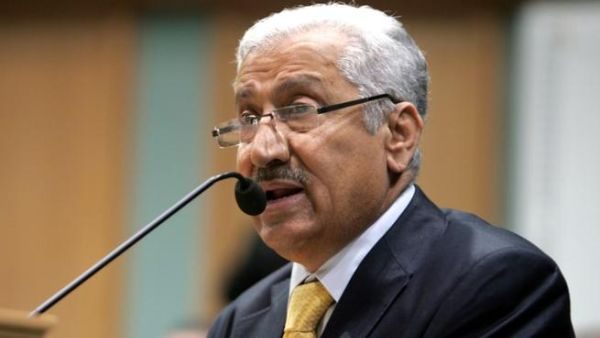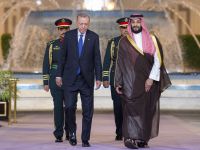Back in October, in an atmosphere of growing discontent and with Jordan's 61st prime minister in 66 years, Fayez Tarawneh, out on his ear, the country looked in desperate need of political change.
Taking action, King Abdullah II brought in reformist politician, Abdullah Ensour, to lead the way.
Ensour, known for hitting out at the government during his days in opposition, was selected as part of a reform program aimed at staving off an Arab Spring-style uprising.
As 'caretaker prime minister', Ensour took control while the country, enshrined in allegations of rigged elections and flagrant corruptions, geared up for its first post-Arab Spring elections, which the king hoped would help put Jordan on the road to democratic reform.
In an inspiring letter of designation, the King told Ensour: “We are looking forward to a new parliament that will pave the way for the transformation toward parliamentary governments."
With the popular politician in charge and promises of a new, fairer Jordan post-elections, Ensour's appointment seemed to mark the beginning of that transformation.
But almost five months on and for many it seems little has changed.
January's so-called landmark elections saw the usual allegations of fraud and corruption. And at the end, after all of the promises and palaver, Ensour is still in power.
The politician - whose popularity has waned significantly since October - has been appointed to extend his stay as fully fledged prime minister.
The man who was reportedly set to receive a hefty retirement pay-out and step out of parliament is now looking to form a new Cabinet, which reports say he will name later this week.
But while Ensour's extended stay might suggest that little has changed, in reality the reappointment of the former liberal lawmaker marks one significant transformation in Jordanian politics.
For the first time in the country's history, the prime minister was not chosen by the King but by Jordan's parliament, who were bestowed the responsibility under the reform package, announced last year.
And with Jordan's current economic difficulties, many are hopeful that Ensour's training in economics will stand him and the kingdom in good stead for negotiating a standby loan agreement with the International Monetary Fund (IMF).
In a country that is no stranger to political shakeups - having had five prime ministers in two years - Ensour's reappointment, at the very least, offers a rare moment of stability.








